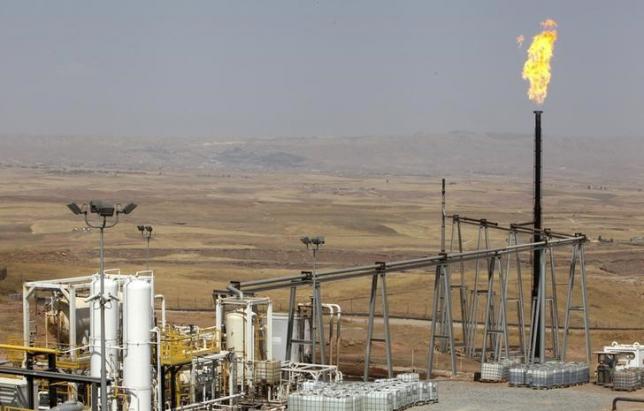In a struggle to diversify its energy portfolio, Hungary has increased its oil imports from the Kurdistan region in Iraq at the expense of Russian suppliers. Analysts suggest that this might be a sign that Middle Eastern producers could be strengthening their positions in the fight with Moscow over market share. Hungary’s imports moreover provide evidence of major Kurdish shipments to Europe while it fights with the Iraqi government for its share in oil exports.
Kurdistan says it has no other choice but to market crude since Baghdad did not allocate any money to the region from its budget. The Iraqi government has in contrast emphasized many times that the Kurdish sales are illegal. As a result of the battle over resources, the Kurds have faced numerous attacks and sabotage of the pipeline transferring oil to Turkey’s Ceyhan port.
Hungary’s oil group MOL has intensified its cooperation with Kurdistan since the summer. The company did not want to say whether it buys also blends but admitted it has increased its imports of blends from other locations than Urals. Although precise figures have not been made public, the Kurdish shipments cover nearly 40 percent of Szazhalombatta’s needs, which indicates that these are “serious volumes”, as one trader suggested. The industry sources say that this inevitably implies that imports from Russia must be reduced. MOL said that it was planning to purchase between 12 and 18 cargoes of crude from sea this year. Last year it bought eight and in 2013 three cargoes.
Hungary is Russia’s fourth biggest export market and accounts for about 10 percent of the country’s pipeline exports to Europe. In January-August this year, Russian shipments to Hungary fell by almost 500,000 tons compared to the same period in 2014. As the same time, oil exports from Iraq’s Kurdistan in September went up to an average of 600,463 barrels per day, up by around 127,000 bpd from August, the Kurdistan region’s ministry of natural resources informed.




